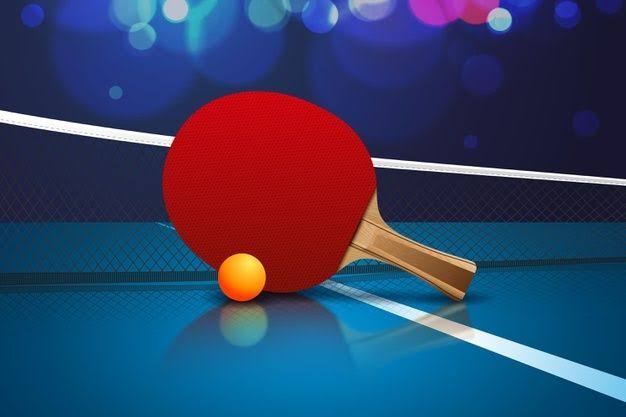In March 1971, the People’s Republic of China invited its national ping pong team to Beijing after two decades of intense hostility with the United States, which in some cases included direct war.
Kabul 24: Before that, the Chinese had started secret talks with America during the Vietnam peace negotiations.
The invitation of a sports team, which included several diplomats, was called Ping Pong diplomacy and finally led to the visit of the US Secretary of State to Beijing.
This trip was a prelude to the normalization of relations and the official establishment of diplomatic relations thirty years after their termination.
In the situation where a kind of ping-pong war is going on between Iran and Israel, re-reading this experience will not be without grace.
If we accept the fact that Israel has foretold America’s proxy force in the ping-pong battle, and the possibility of Washington’s direct entry into it is not small, the strategic aspects of this historical reminder will become more clear.
The matter is very simple. The continuation of back-and-forth strikes, while each time becoming more intense and wide-ranging, will mean nothing more than entering into an all-out war of attrition.
Trump’s return to the stage will be a catalyst for the ignition of Iran and Israel when it reaches a boiling point.
In Trump’s first term, Iran chose the strategy of neither war nor negotiation to counter his policy of maximum pressure.
This policy has now lost its context and time, and both war and negotiation have somehow become inviolable options.
The only issue is choosing between them. A tempting third way might be “half war and half negotiation”.
In the style that existed in the past years and when the ignition point was reached, the channels of Oman and Qatar were opened.
The events of the past months have shown that limited and topical negotiations are no longer working.
In the first way, it is not possible to determine the agenda of the war by one’s own will, and possibly it can be turned into a proxy, asymmetric and limited.
Having said that, no stable political solution aimed at avoiding falling into the trap of war will be relevant without going through the corridor of de-escalation with America.
This is the path that the Chinese strategic perception reached at the beginning of the seventies.
Having a weak and isolated economy, Beijing had tense and low-level relations with the two global poles of that time.
China’s political influence among governments was limited to some small student circles in the West and a few organizations and the Maoist movement in Asia and Africa.
The recent ping pong attacks exposed Iran’s strategic loneliness better than ever.
While America and European powers from A to Z provided Israel’s defense and offensive needs, China and Russia remained passive observers.
First of all, Iran needs to return to the world. It seems that the renovation work of Azadi Stadium will be completed by the end of December and it will be able to host foreign basketball and ping pong teams.
Saladin Khadio







